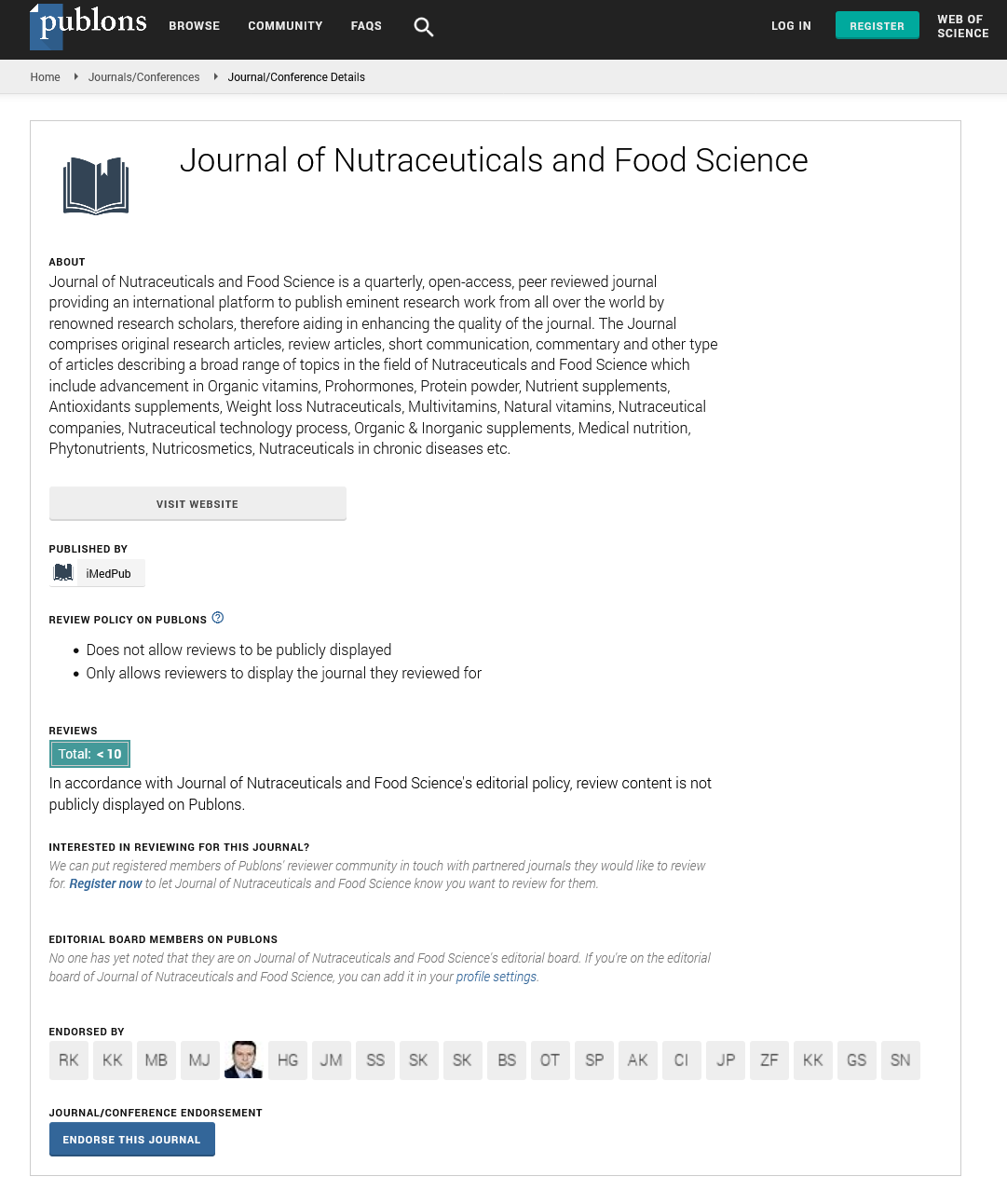Abstract
Sex differences in learning and memory following short-term dietary restriction in the rat
Acute or prolonged dietary restriction has been shown to have significant effects on learning and memory, and also on the food seeking behavior in animals. This study investigated whether or not there are sex differences in spatial learning and memory following short-term dietary restriction in the rat Two month-old male (n = 24) and female (n = 24) Sprague-Dawley rats were randomly assigned to either (1) male or female control (i.e. normal diet regimen); (2) male or female 40% dietary restriction for either 2 hours (2 h-DR) or 2 weeks (2 wks-DR) duration. Following the restriction paradigm (i.e. either2 h or 2 weeks), animals were weighed, and learning and memory was assessed daily for a total of 5 days by Morris Water Maze. Dietary restriction for 2 h provoked high speed swimming in female rats compared to controls. However the females’ performance in water maze was inferior to the control animals. Two weeks after 40% DR resulted in that both males and females showed difficulties in water maze learning and memory tests. The animals swam longer distance and took longer time to reach the platform when compared to their age-matched controls. We concluded that in fully developed brain, adult animal’s cognitive performance is shown to be affected by acute and prolonged stress in the form of food restriction. Interestingly, the impact of this stress was different according to the sex of the animals. In female rats, dietary restriction has a negative effect on learning and memory after 2 h and 2 weeks intervals. In male rats, 2 h of DR has a positive effect on learning and memory; however this effect is not maintained and by 2 weeks there is a negative effect similar to that seen in female animals.
Author(s):
Amer Al Ansari1,Ebrahim Rajab2, Batool Alqanbar1, Mohammed J. Naiser1, Habib A. Abdulla1,Monaf M. Al-Momen1
Abstract | PDF
Share this

Google scholar citation report
Citations : 393
Journal of Nutraceuticals and Food Science received 393 citations as per google scholar report
Journal of Nutraceuticals and Food Science peer review process verified at publons
Abstracted/Indexed in
- Google Scholar
- Publons
- Secret Search Engine Labs
Open Access Journals
- Aquaculture & Veterinary Science
- Chemistry & Chemical Sciences
- Clinical Sciences
- Engineering
- General Science
- Genetics & Molecular Biology
- Health Care & Nursing
- Immunology & Microbiology
- Materials Science
- Mathematics & Physics
- Medical Sciences
- Neurology & Psychiatry
- Oncology & Cancer Science
- Pharmaceutical Sciences


